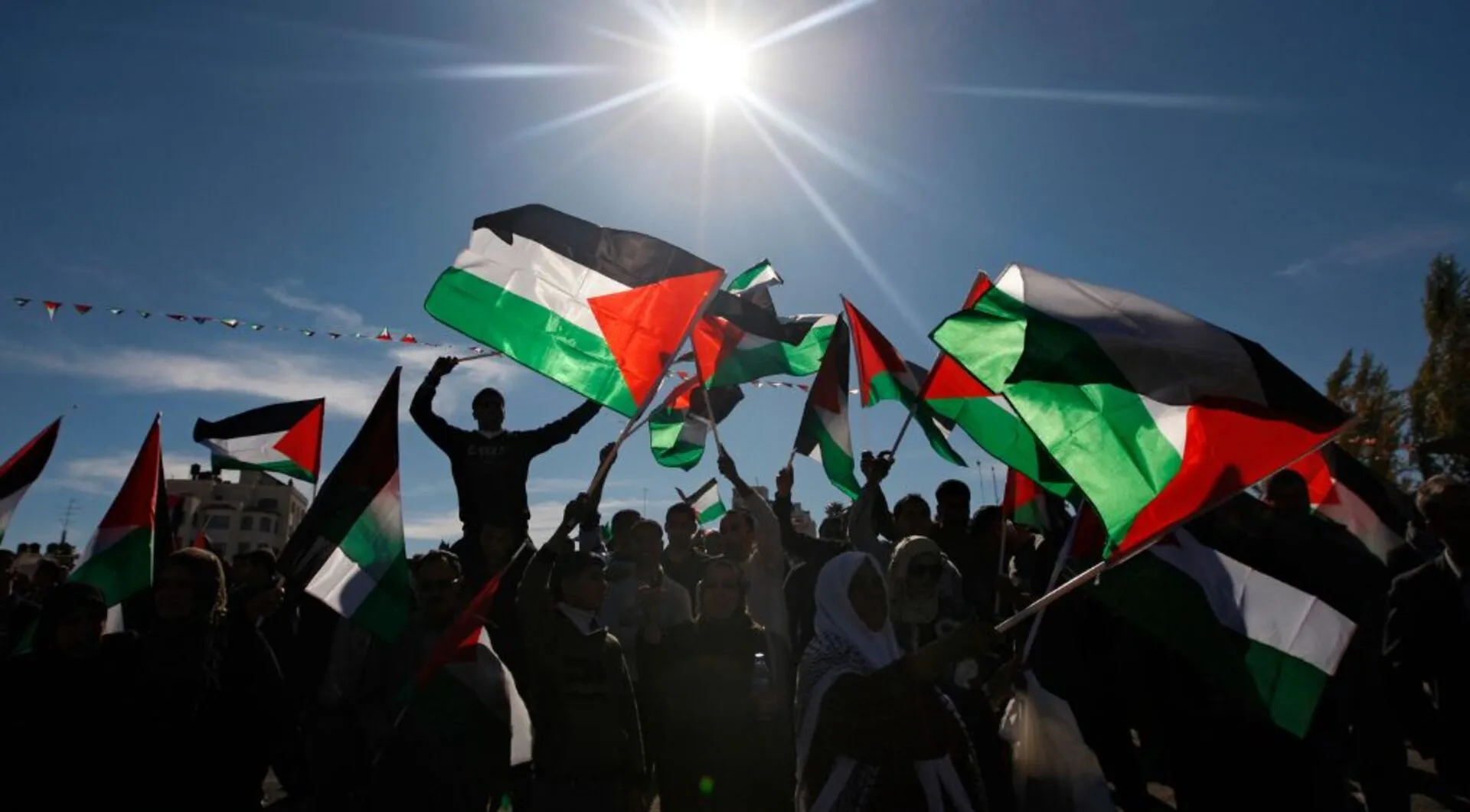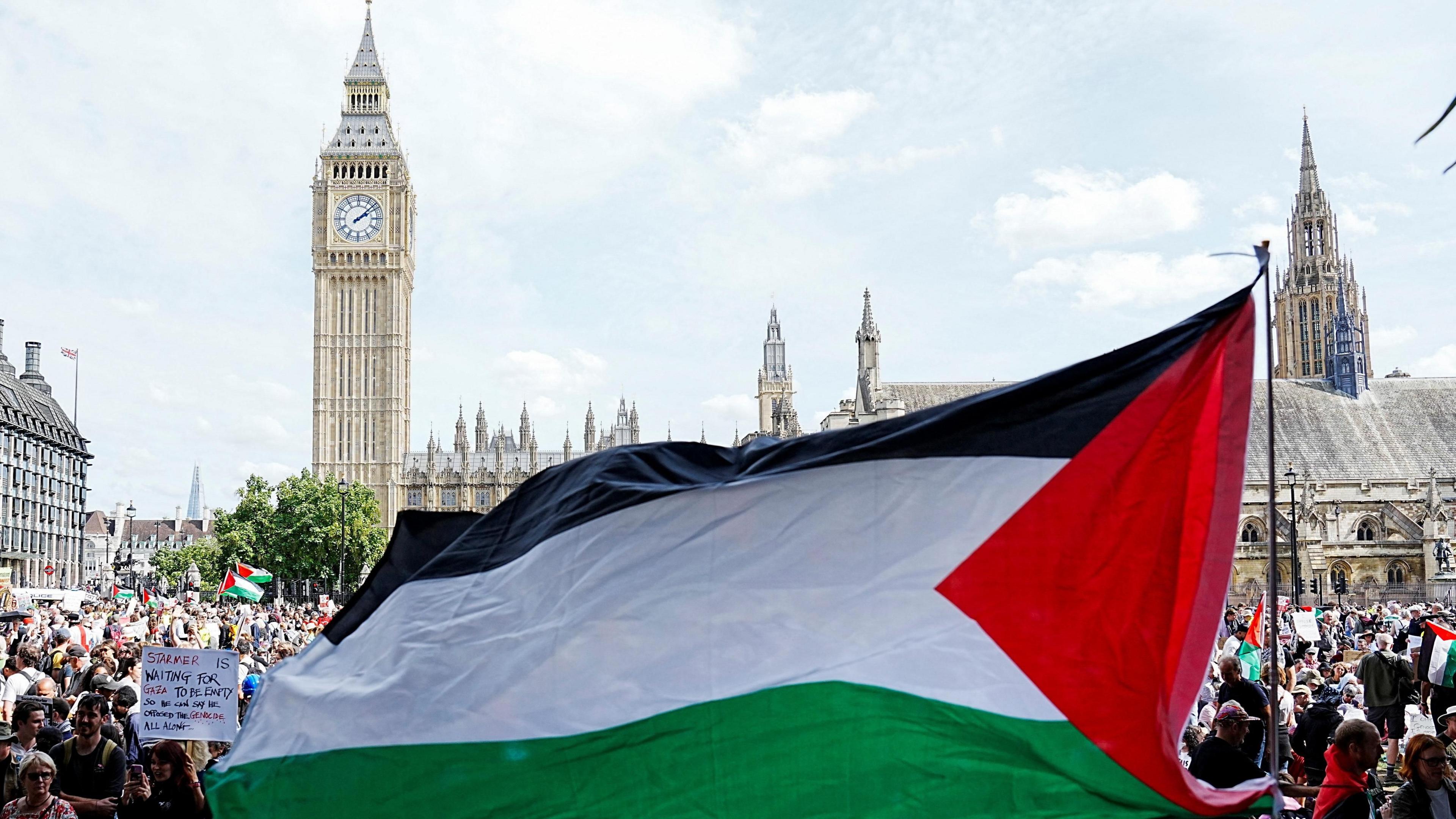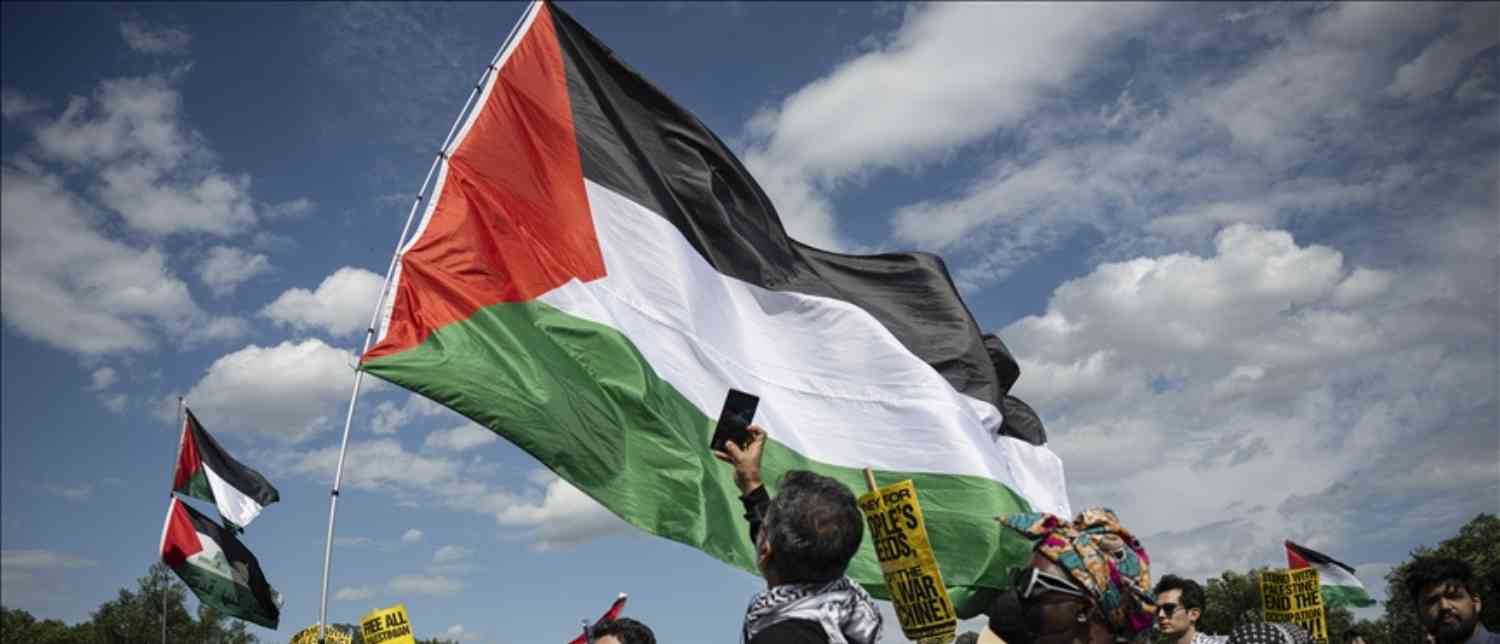The long-standing question of Palestinian statehood has taken a significant turn, as countries including Britain, Canada, Australia, and Portugal officially recognized Palestine as a state on September 21, 2025. This historic shift comes amid nearly two years of conflict in Gaza, triggered by the 2023 attack by the Palestinian militant group Hamas, which killed thousands and left the enclave in ruins. Recognition of Palestine has long been a contentious issue, intertwined with international law, geopolitics, and decades of conflict. But what does it mean, who recognizes it, and why does it matter now?

Who Recognizes Palestine?
Out of the 193 United Nations member states, at least 145 now recognize the State of Palestine, a figure representing nearly three-quarters of the global community. This includes not only countries from the Global South but also several Western nations that had previously avoided recognition due to their alliances with the United States and Israel.
Significant recent recognitions include Britain, Australia, Canada, and Portugal—marking the first G7 countries to acknowledge Palestinian statehood. France, Belgium, Luxembourg, Malta, and other nations are expected to follow suit during key UN General Assembly meetings, particularly a summit on the future of the two-state solution chaired by France and Saudi Arabia.
Recognition by these countries is part of a larger international pattern. Russia, nearly all Arab nations, most African and Latin American states, and several Asian powers such as India and China already recognize Palestine. Algeria was the first country to recognize Palestinian statehood in 1988, immediately after the Palestine Liberation Organization (PLO) proclaimed an independent Palestinian state in exile. Subsequent waves of recognition occurred in the early 1990s and again in 2010–2011, often in response to shifts in regional politics or escalations in the Israeli-Palestinian conflict.
Who Does Not Recognize Palestine?
Despite the growing number of recognitions, at least 45 countries—including Israel, the United States, Japan, South Korea, and Singapore—continue to oppose Palestinian statehood. In Europe, recognition is split nearly 50-50, with some former Eastern bloc countries like Hungary and the Czech Republic refusing to recognize Palestine bilaterally. Italy and Germany also do not plan to extend recognition. In other regions, countries in Oceania and certain African and Latin American nations remain non-recognizers.
Israeli Prime Minister Benjamin Netanyahu has repeatedly rejected the idea of a Palestinian state, labeling recognition efforts as a reward to terrorism, particularly in light of Hamas’ 2023 attack. The U.S., a staunch Israeli ally, has criticized the recent moves by Western nations as "performative" and maintains that statehood should emerge only through direct negotiations between Israel and the Palestinians.

What Recognition Actually Means
Recognition of statehood is a complex interplay of politics and international law. According to Romain Le Boeuf, professor of international law at the University of Aix-Marseille, recognition is “a halfway point between the political and juridical,” with no formal registry or universal procedure for acknowledging statehood. In other words, recognition does not create a state, nor does the absence of recognition prevent one from existing.
Under the 1933 Montevideo Convention, a state must meet four criteria: a permanent population, a defined territory, a functioning government, and the capacity to engage in international relations. In Palestine’s case, each of these pillars faces challenges:
-
Territory: Borders remain unsettled. Israel occupies much of the West Bank, and the Gaza Strip remains blockaded, with no Palestinian-controlled airports or full border access.
-
Governance: The Palestinian Authority governs parts of the West Bank, while Hamas has controlled Gaza since 2007, creating two separate governing entities.
-
Population: Palestinians have a permanent population, though it is divided between the West Bank, Gaza, and the diaspora.
-
International relations: Recognition by over 145 countries grants Palestine a degree of diplomatic legitimacy, allowing it to participate more fully in international forums and potentially join organizations like the International Criminal Court.
Even with these limitations, recognition carries symbolic power and real diplomatic consequences. Philippe Sands, a Franco-British law professor, explains that recognition essentially places Israel and Palestine on equal footing in international law, shifting the narrative of legitimacy.
Historical Context
Palestine's quest for statehood dates back decades. In 1947, the UN voted to partition British-administered Palestine into Jewish and Arab states, with Jerusalem designated as an international city. Israel declared independence in 1948, leading to the First Arab-Israeli War, in which Israel captured additional territory.
The 1967 Six-Day War further shifted territorial control, giving Israel the West Bank, Gaza Strip, and East Jerusalem. In 1988, the PLO declared Palestinian independence in exile, leading to international recognition by several countries. The Oslo Accords of the 1990s sought a two-state solution, establishing the Palestinian Authority as an interim government, but failed to resolve core issues.
Recent escalations, including Hamas’ 2023 attack and Israel’s subsequent offensive in Gaza, have intensified international focus on Palestinian recognition, prompting countries like Britain and Canada to formalize their support.
Diplomatic Implications
Recognition opens doors for Palestine on multiple fronts:
-
International Law: It allows Palestinian leaders to engage more effectively in international forums, including the UN and International Criminal Court.
-
Diplomatic Leverage: Recognition increases pressure on Israel by isolating it diplomatically, signaling global concern over military actions and occupation.
-
Economic and Legal Agreements: Recognition may pave the way for trade agreements and bilateral cooperation with other nations, giving Palestine practical leverage beyond symbolism.
-
Political Pressure on the U.S.: By recognizing Palestine, Western allies demonstrate frustration with Washington’s long-standing opposition to unilateral recognition, urging more active engagement in peace efforts.
Yet recognition alone does not resolve the conflict. Israeli policies in occupied territories remain unchanged, and internal Palestinian divisions continue to hinder unified governance. Experts caution that while recognition may deepen international awareness and commitment to a two-state solution, it does not replace negotiations on borders, security, or self-determination.
Reactions and Controversies
Israel and the U.S. have criticized the new recognitions. Netanyahu called it “a huge reward to terrorism,” emphasizing that a Palestinian state will not be established west of the Jordan River. The U.S. reiterated its focus on finding a diplomatic solution to the Israel-Hamas conflict, highlighting priorities such as hostage release, regional security, and peace without Hamas’ influence.
Meanwhile, supporters argue that recognition is a moral and legal imperative. Dr. Burcu Ozcelik of the Royal United Services Institute stated that such recognition deters forced displacement of Palestinians and demonstrates a firm international commitment to statehood. Husam Zomlot, head of the Palestinian mission to the UK, emphasized that recognition could lead to partnerships on equal footing and compel nations to reconsider their relationship with Israel.
Symbolism Versus Reality
While recognition may not immediately change life on the ground in Gaza or the West Bank, it carries psychological, political, and diplomatic weight. It reinforces the legitimacy of Palestinian claims, empowers diplomatic representation, and signals to Israel that its policies are under global scrutiny. Analysts like Charles Kupchan of the Council on Foreign Relations note that recognition may eventually influence Israeli politics, though immediate effects are limited by ongoing conflict.
Recognition also revives hope for the two-state solution, long threatened by settlement expansion, repeated wars, and political stalemate. Although the process is fraught with obstacles, acknowledgment by countries such as Britain, Canada, and Australia keeps the vision of a negotiated solution alive.
The Road Ahead
The recognition of Palestinian statehood by key Western nations demonstrates a shift in global diplomacy, particularly in response to the Gaza war. Critics warn that symbolic gestures without substantive negotiations risk hardening positions, but proponents argue that recognition is a necessary step toward peace and equality under international law.
Ultimately, meaningful progress requires U.S. engagement and a return to negotiations between Israel and Palestine. As Dr. Ozcelik emphasized, recognition alone cannot change conditions on the ground; only a two-state solution can secure lasting peace and self-determination for Palestinians. Until then, recognition serves as both a moral stance and a diplomatic signal that the international community still considers Palestinian statehood a legitimate and essential objective.
With inputs from agencies
Image Source: Multiple agencies
© Copyright 2025. All Rights Reserved. Powered by Vygr Media.

























